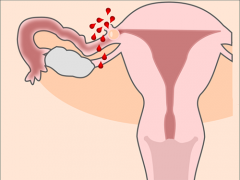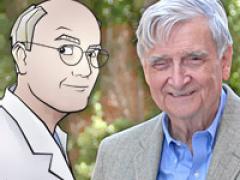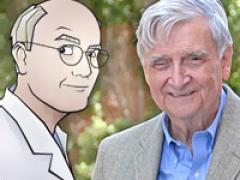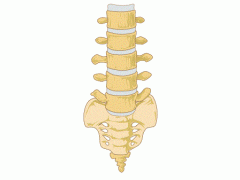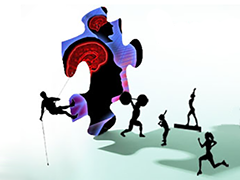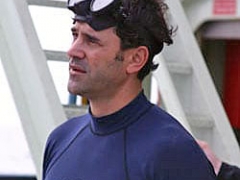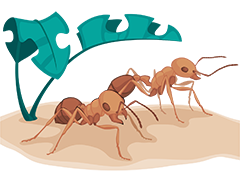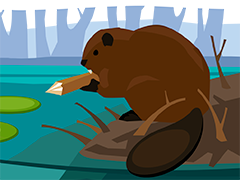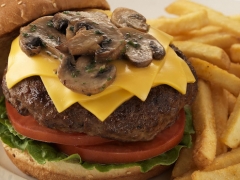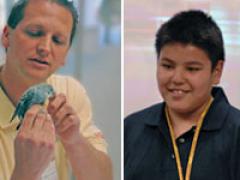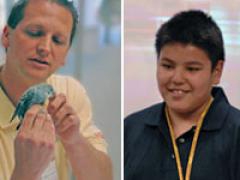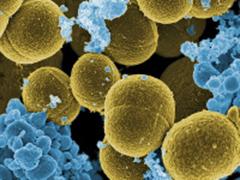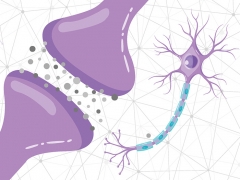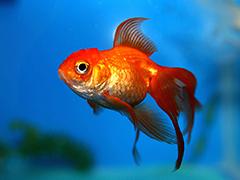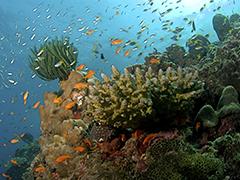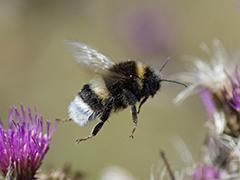Pregnancy isn’t perfect, and many things can go wrong. What happens when a growing embryo is in the wrong part of the pregnant person's body?
- Home
- Activities
-
Stories
- World of Biology
- Meet Our Biologists
- Listen and Watch
- PLOSable Biology
-
Embryo Tales
- All About Autism
- Xs and Ys: How Our Sex Is Decided
- When Blood Types Shouldn’t Mix: Rh and Pregnancy
- What Is the Menstrual Cycle?
- Understanding Intersex
- Twin Tales
- The Mysterious Case of the Missing Periods
- Summarizing Sex Traits
- Shedding Light on Endometriosis
- Periods: What Should You Expect?
- Menstruation Matters
- Investigating In Vitro Fertilization
- Introducing the IUD
- How Fast Do Embryos Grow?
- Helpful Sex Hormones
- Getting to Know the Germ Layers
- Gender versus Biological Sex: What’s the Difference?
- Gender Identities and Expression
- Focusing on Female Infertility
- Fetal Alcohol Syndrome and Pregnancy
- Ectopic Pregnancy: An Unexpected Path
- Creating Chimeras
- Confronting Human Chimerism
- Cells, Frozen in Time
- EvMed Edits
- Stories in Other Languages
- Images
- Links
- Contact
- About
Biology Stories
Explore the world of biology and meet some of our biologists. Here you can learn about the living world and find out what is so cool about biology that someone would do it for a living. Pick a story to read or listen to one of our podcast shows filled with guest scientists who share their experiences and passion for discovery.
Dr. Biology sits down with biologist E. O. Wilson to talk about science, his writing including his book, Superorganism, and future new novel, as well as his art. Along the way they discuss the Encyclopedia of Life web project and a very cool outdoor activity called a "Bioblitz."
Dr. Biology continues his conversation with biologist Ed Wilson. Just what does it take to be a great scientist? What would he do to encourage students to become scientists? These are just a few of the things we learn in this show as well as what Ed Wilson would do or be if he were not a biologist. Some of the answers might surprise you.
Humans can suffer from certain back problems in their old age, but other very similar animals don’t have the same issues. Why might this be the case?
Dr. Biology learns how birds might have developed their ability to fly from ornithologist Ken Dial. The two talk about the evolution of bird flight and some of the other cool things birds can do - like are penguins really flying birds?
Not all exercise is the same, but all exercise can help you grow strong and keep you healthy. Exercise can also help you with your homework and that science project due at the end of the year.
Dr. Biology is out of the studio again and this time with his shoes off and inside the tiny, but powerful submarine named Alvin. He’s there to talk with the chief pilot of Alvin, Bruce Strickrott, about what it is like to explore the deep ocean. Listen in as we explore the living world, including the one that remains mostly unknown and ready for the next generation of scientists to take their shoes off and dive into dark side of the Earth.
Imagine being the size of an ant. Be careful - a face-to-face encounter with an ant would be scary and potentially life-threatening! But, if you avoided being eaten, you could learn a lot about ant anatomy from a close-up view. Ants have many body parts that are normally hard to see without a magnifying glass or microscope. And each structure has its own special function.
Fatty foods may be delicious but if we eat too much, the white blood cells in our guts can be destroyed. Learn more about the disease this can cause called “leaky gut”.
An interview with biologist Kevin McGraw. Dr. Biology and his co-host Brian Varela learn a lot about feathers and all the ways birds used them. This is a colorful and wild show that you will not want to miss.
When it comes to digesting your food, you may think that your body does all of the work by itself. In reality, your gut is full of helpful bacteria that help break down your food and keep you healthy.
Have you ever noticed that most people do not drink alcohol while pregnant? Let’s learn about why doing that is so important.
Alzheimer's and other brain diseases affect millions of people. Jeffrey Kordower and his colleagues are learning more about these neurodegenerative diseases so that we can try to treat them.
Ask A Biologist stands in support of Black Lives and people of color (POC).
Could fire be important for life on Earth? Would Earth be the same without fire? These are just a few of the many questions we have for fire researcher Stephen Pyne about fire and its role with life. Did we also mention his battle with a dragon? If you have a burning desire to learn the answers to these questions, tune in.
Fish use their two fins and a tail to glide through the ocean, but some fish like the mudskipper use their fins for flopping across land too. Scientists are investigating how fish evolved limbs to walk on dry land.
Some ocean dwelling species are starting to go extinct. Scientists are researching whether how many species there are in an ocean environment has anything to do with this fishy vanishing act.
It's pretty easy for people to find their way around, but is it easy for insects? Researchers are finding that even without maps and navigation devices, bumblebees can usually find the best route to take when collecting pollen.







